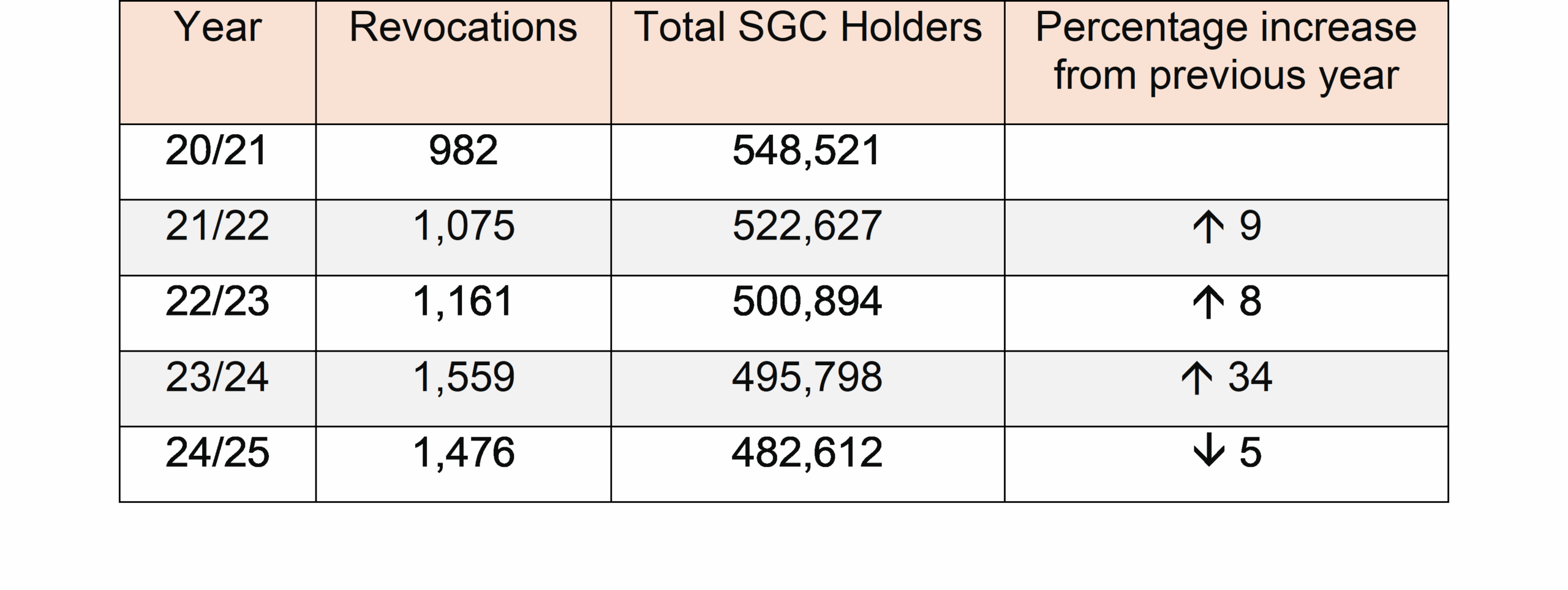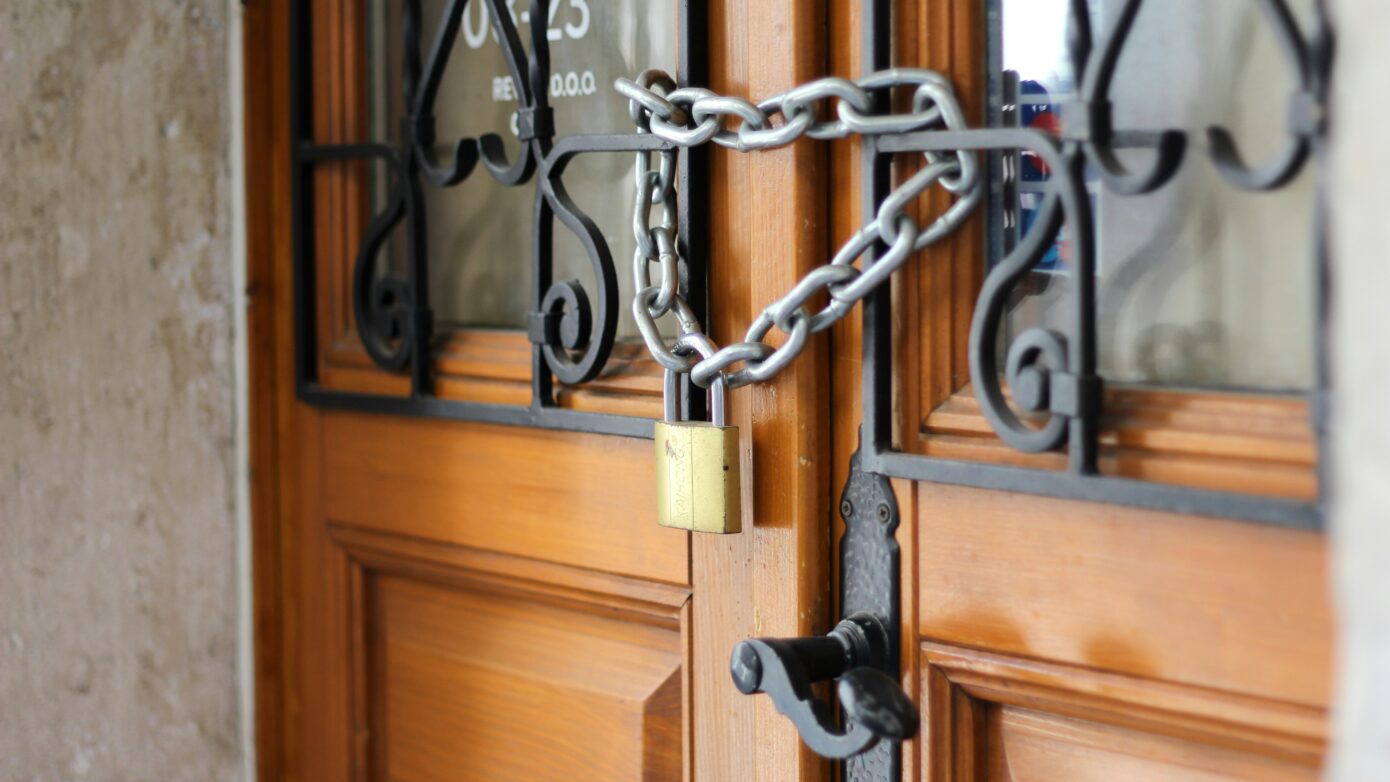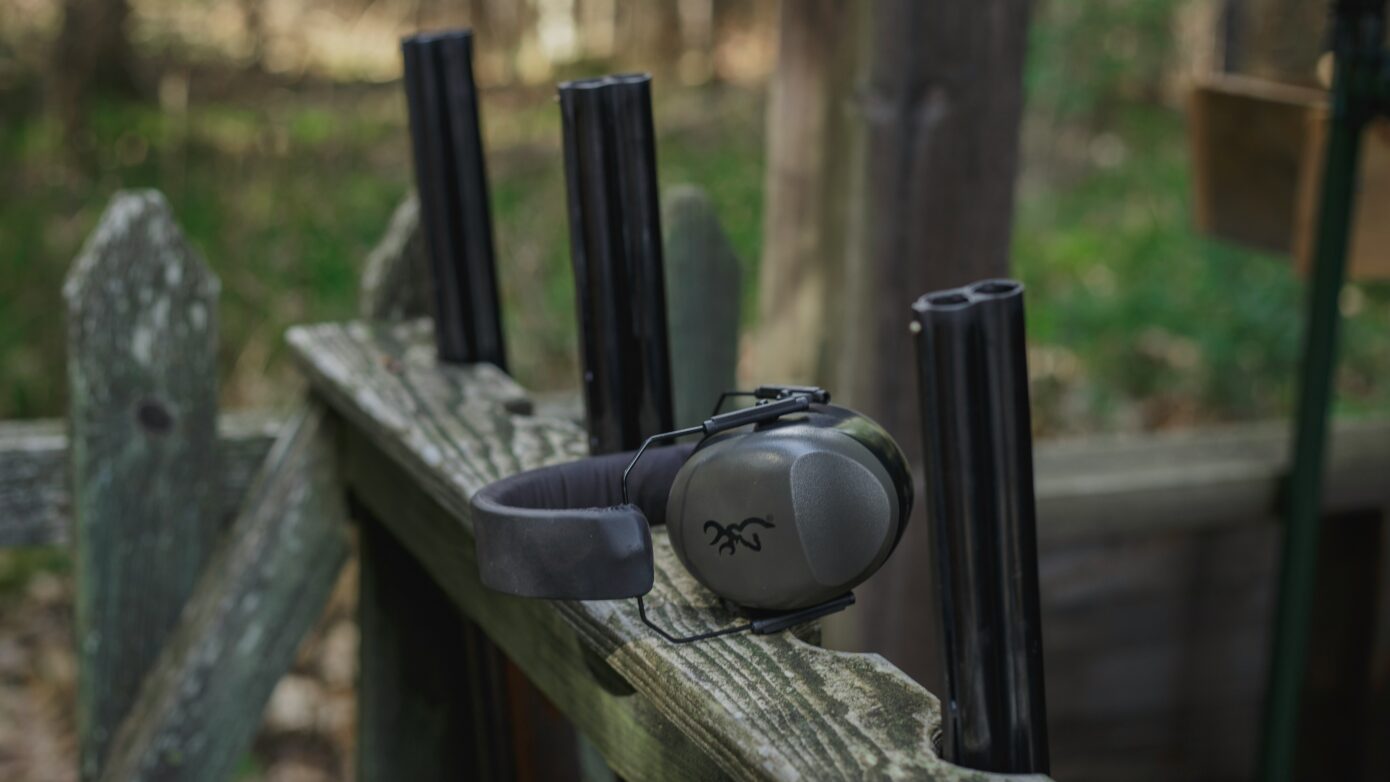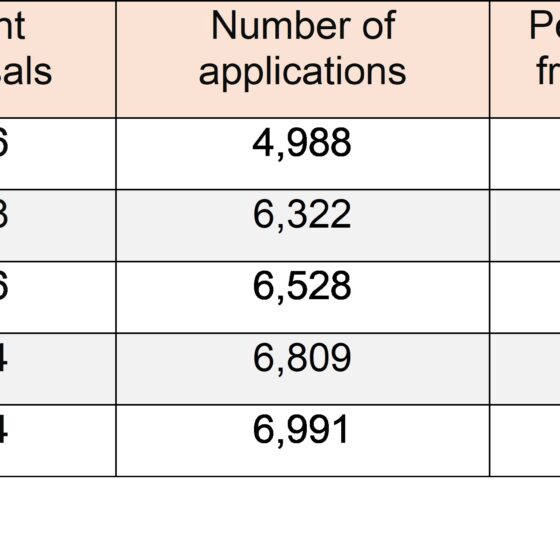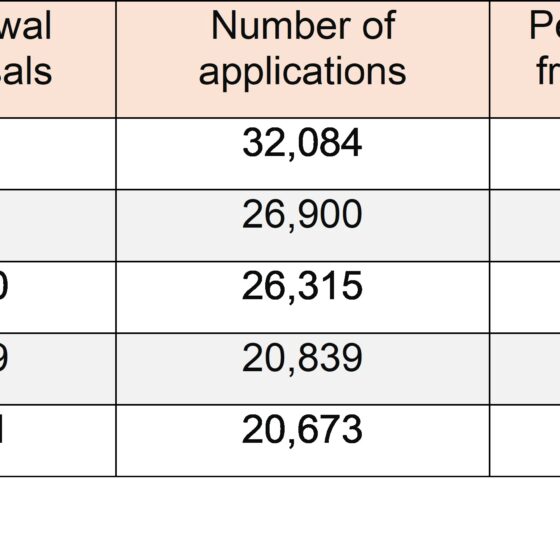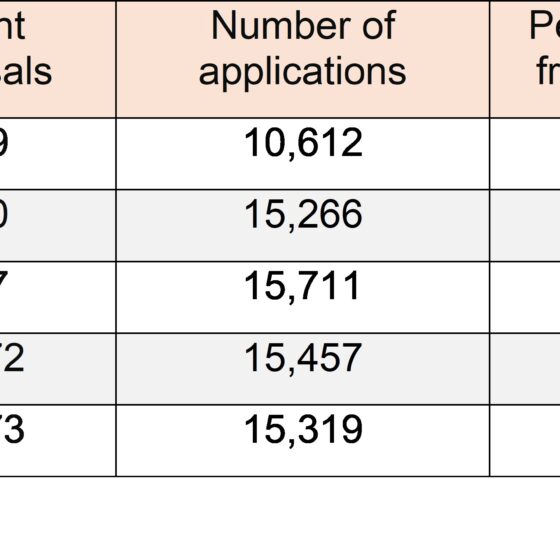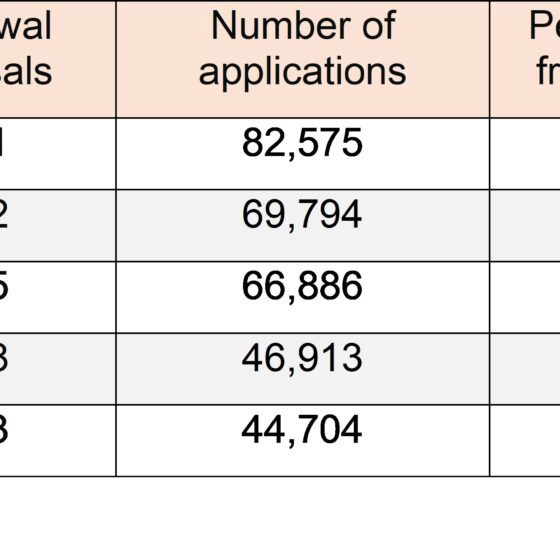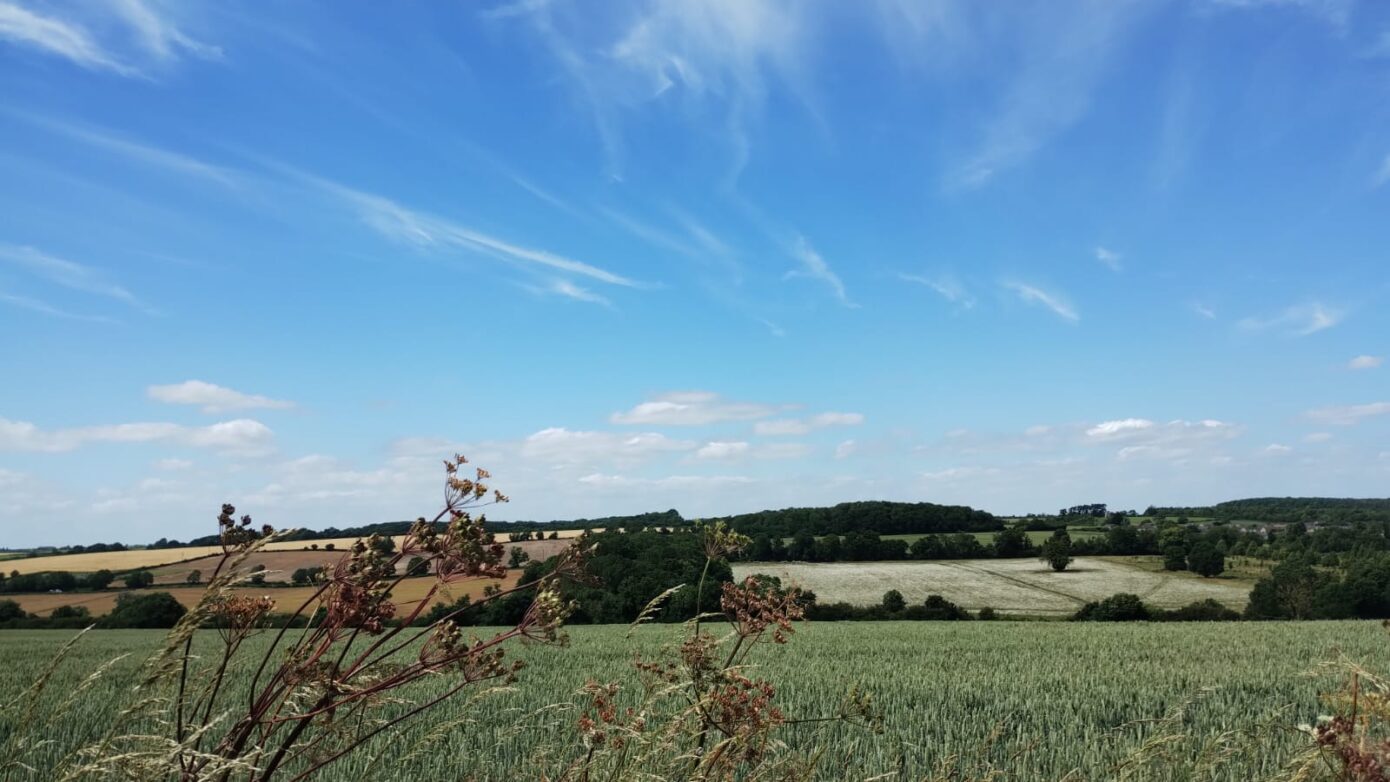Summary
The Home Office may soon collapse two distinct licensing regimes into one. This move risks undermining public safety, destabilizing lawful ownership, and ignoring the true lessons of Keyham.
Introduction
On 29 June 2023, the Home Office launched a public consultation on proposed changes to UK firearms licensing. These proposals stem from high-profile reviews, including:
- The Prevention of Future Deaths report following the tragic shooting in Keyham, 2021
- The Independent Office for Police Conduct’s assessment of Devon and Cornwall Police’s handling of the case
- The Scottish Affairs Committee’s inquiry into regional firearm regulations
- The Coroner’s Warning—and Government Response
In his report, Senior Coroner Sir Ian Arrow expressed concern over the statutory presumption that certificates “shall be granted” unless specific criteria are not met. He recommended reversing this—requiring applicants to first prove their suitability.
The Home Office replied:
We have carefully considered your point… but do not agree… Sections 27 and 28 are drafted to support consistency in police decision-making and give certainty to the applicant… This supports public safety…
This exchange reveals a tension between professional opinions that we now see changed under the current UK Government.
Why Do We Have Two Regimes?
Shotguns were historically treated as culturally distinct from pistols and rifles, due to their use in agriculture and sport. As such, they were not originally subject to the same controls.
In fact, the law specifically states that shotgun possession should not be restricted to those who intend to use them or lend them to others to use (See Sec 28(1B) Firearms Act 1968). This enables possession of heirlooms, antiques and for other diverse reasons.
The History
- Firearms Act 1920: Targeted pistols and rifles feared to be misused by revolutionaries. Shotguns, which were commonplace, were excluded.
- Firearms Act 1937: Mentioned shotguns for the first time, defining them as having barrels at least 20 inches long (now 24″).
- Firearms Act 1968: Consolidation: In response to rising crime involving “sawn-off” shotguns, this Act introduced Section 2 shotgun certificates with less stringent requirements than Section 1 firearms.
This historical position reflects not just convenience, but public consensus—recognising practical and cultural differences.
The likely affects of alignment
The proposal to require shotgun holders to justify each firearm (as under Section 1) would:
- Overwhelm disposal channels: If holders relinquish shotguns en masse, lawful disposal pathways (RFDs & Police) may fail—raising risks of diversion.
- Put shooting at risk: Thousands may surrender certificates, not due to risk but because of increased red tape.
- Strain police capacity: Additional scrutiny means more checks, longer processing times, and resource reallocation.
- Fail to address root causes: Keyham and similar tragedies involve failures of assessment and enforcement—not regime design.
Importantly, none of the past incidents cited would likely have been prevented by the proposed alignment. Legislation should be evidence-led, proportionate, and practical.
Conclusion:
Public Safety Must Lead—Not Political Optics
Shotgun and firearm regimes are different for good reason. Reform should enhance actual safety, not just the appearance of control. That means assessing holder suitability, ensuring enforcement consistency, and supporting lawful ownership—not destabilizing it.
The Home Office is expected to launch a second consultation later in 2025. Every stakeholder—shooting organisations, legal experts, certificate holders, and the public—must engage.
This isn’t administrative tidying. It’s a fork in the road for UK shooting culture. Reform must serve real safety—not just the illusion of control.
The document explores the strengths and limitations of AI in relation to Firearms Licensing
Introduction:
If I’m lucky, someone might say I’m a thinker and a tryer.
Less charitable voices might call it obsession… but let’s talk about AI and the results of my experimentation in this area.
The Rise of the Machines
The recent explosion in Artificial Intelligence (AI) has been fascinating to watch and potentially terrifying in equal measures.
Recent figures from employment search engine Adzuna suggest that vacancies for graduate roles, apprenticeships, internships and junior positions with no degree requirement have fallen by 31.9 per cent since November 2022, when ChatGPT was released.
The Beginnings of firearmslicensing.net
When I first thought about creating this resource my technology consultant asked me if AI would render the idea redundant.
As a result, we experimented with several available systems with initially very promising results.
But then I started noticing some things.
Hallucinations and Misdirection
Caselaw – Some of the references I was being provided with were brilliant but didn’t actually exist.
On this subject The Solicitors’ Regulation Authority (“SRA”) recently said this:
“All computers can make mistakes. AI language models such as ChatGPT, however, can be more prone to this. That is because they work by anticipating the text that should follow the input they are given, but do not have a concept of ‘reality’. The result is known as ‘hallucination’, where a system produces highly plausible but incorrect results.”
Looking Elsewhere – I would ask AI a question, tell it where to find the answer and then it would look somewhere else and come back with something else entirely.
For example, I was researching the use of mentor conditions on Firearms Certificates and asked
“Are there any mentor conditions found in Appendix 3 to the Home Office Guide to Firearms Licensing Law?”
The system confidently answered yes, presented me with a direct quote of the wording and a summary of when the use of these conditions might be applicable.
This would have been fine but it’s completely incorrect.
In Conclusion
AI is a fantastic tool, I use it frequently most days but for now there are some areas that are still outside of its reach.
So where does that leave us?
🛠️ AI is a powerful toolkit—but it’s not a compass.
⚖️ For personal, procedural or high-stakes matters, always pair tech with trusted expertise.
👥 The trick is knowing when to ask… and who to ask.
(That last advice? Courtesy of AI, ironically.)
The UK is phasing out lead ammunition by 2029. With a 3-year transition ahead, shooters must adapt to new rules.
Here’s what this shift means for the future of UK shooting.
Introduction:
On 10th July 2025 the Department for Environment, Food & Rural Affairs (DEFRA) announced a ban on “Toxic lead ammunition”.
Environment Minister Emma Hardy said:
“Britain is a proud nation of nature lovers, but our rivers are heavily polluted, and majestic birds are declining at an alarming rate.
This new ban on lead in ammunition for most uses will help reverse this – rejuvenating pride in our countryside by protecting precious birdlife and cleaning up rivers.
Non-lead alternatives are readily available, and we’ll continue to work closely with the shooting sector throughout this transition.”
🧑⚕️ This policy is driven by strong evidence of health risks, especially for children and wildlife.
🔄 A major transition away from lead is coming— use the 3-year transition period to plan ahead for alternative ammunition.
🧭 Enforcement is likely at retail level, so supply chains will feel the change first.
The Message – in Brief:
The UK Government plans to introduce legislation restricting sale and use of lead ammunition by summer 2026, followed by a three-year transition period ending in 2029.
It rejected earlier proposals for a five-year transition saying that this extended time period had taken impact to supply chains from Covid-19 into consideration.
- 🗓️ Legislation introduced: Summer 2026
- ⏳ Transition period: 2026–2029
- 🚫 Full ban effective: 2029 – covering sale and use of lead shot and large-calibre bullets
Exemptions will remain for:
- Military and police use
- Elite athletes – proof will be required
- Indoor Ranges
- Outdoor ranges – provided control measures are present.
- Small-calibre ammunition
- Air weapon pellets
- Collectors (Not for firing)
- Academic and forensic work
Further detail:
Small Calibre – All calibres above 6.17mm (includes .243 and everything larger) intended for live quarry shooting will be restricted.
Packaging – All lead ammunition above 6.17 (.243) sold for target shooting will be labelled “must not be used for live quarry”.
Indoor use of lead shot – This will be formally restricted to ensure that the ban on lead shot generally can be effective at point of sale. This removes the possibility that any lead shot labelled for “indoor use only” would be used outdoors and closes this potential loophole.
Outdoor Target Ranges – Must be “permanent” – The detail of how this will be defined is unclear.
In conclusion:
Lead use can be traced back over 6,000 years in the widest variety of applications. It’s density, malleability and cost-effective nature are significant contributors to the longevity of its use.
Given the breadth of evidence, few would contest the rationale behind a transition away from but it seems as if the changes impacting on UK Shooting are happening almost monthly.
Having said this there is one section of the announcement that we would highlight:
“Alternatives to lead shot have become more efficient and widely available in recent years, with steel and tungsten-based shot being two popular options.
The government will continue to engage with the shooting industry to support the transition to alternative ammunition types.”
While non-lead alternatives are improving, uptake and availability remain varied.
We’d encourage the Home Office to remember that UK Shooting offers real benefits to both participants and the wider population. Moving forward meaningful consultation and engagement will be critical to ensure that this to ensure this shift does not feel disproportionate for UK shooting communities.
We’ll continue to monitor and update what this means for shooters, clubs, and retailers.
This visionary article explores how the UK’s firearms licensing system might look if designed from scratch.
Moving beyond a century of reactive laws—from the 1920 Firearms Act to post-Keyham reforms—it proposes a digitally enabled, service-focused framework built around public safety, consistency, and clarity.
Introduction –
Ask any certificate holder—licensing delays, legal ambiguity, and patchy communication aren’t just an inconvenience. They’re a public safety risk
If the UK were to design its firearms licensing system from scratch tomorrow, what would it look like? With a century of legacy legislation behind us—from the 1920 Firearms Act to the post-Keyham reforms—the current framework is a patchwork of historical responses.
But what if we could start fresh?
To be clear. This article isn’t fantasy. It’s achievable and a call to action
🎯 Principles for a Modern Licensing System
1. Serve the Public
Good service to certificate holders matters—but responsible licensing affects everyone. We’ve seen how poor decisions can damage community trust and compromise safety. A modern system must put fairness, transparency, and public confidence first.
2. Focus on Public Safety
Licensing isn’t just administration—it’s risk management. Lessons from past tragedies remind us: public protection must be the system’s central goal. Everything else flows from that.
3. Digital by Default, Inclusive by Design
A streamlined digital portal should be the norm—but never at the cost of access. Paper options remain where needed. Efficiency and equity can coexist.
4. Efficient Processing & Smart Safeguards
Applications and renewals should be timely, error-resistant, and secure. No medical proformas. No paper-based loopholes. Fraud risk reduced through smart design.
5. Central Oversight, Local Delivery
Leadership at the national level ensures consistency with local units continuing to engage. This balance helps eliminate patchy training, conflicting processes, and appeals driven by regional disparity.
6. Clarity & Accessibility of the Law
Rewrite the legal framework in plain English. Define terms clearly. Replace decades of piecemeal amendments with a single, understandable system—so applicants know their responsibilities and authorities apply the law fairly.
7. Transparent Cost Recovery
Fees should be proportionate, visible, and linked to service standards. Applicants deserve to know what they’re paying for—and how delivery is being measured.
🧠 What Would Be Lost—and Gained?
We’d lose the historical inertia of legacy legislation, but gain a system built for today’s risks and realities. Certificate holders would benefit from clarity and fairness; police forces from consistency and resourcing; and the public from a licensing regime that’s proactive, not reactive.
There will be challenges – Eliminating the current Court Appeal process will not be an overnight endeavour but the current system involves thousands of pounds worth of police, Court and legal effort when an estimated 90% don’t require anything more than independent arbitration.
Some might say this is wishful thinking—but firearmslicensing.net has already proved digital safeguards are possible (See our digital membership card). So why wait?
If you support a smarter licensing future, start the conversation—share your ideas, challenge assumptions, and help push for change.
The British Shooting Sports Council (BSSC) serves as the united voice of the UK’s licensed shooting and collecting community, representing 15 major organisations. As an umbrella body, it engages closely with government, the Home Office, and international partners to advocate for fair, evidence-based policy on firearms regulation.
Amid mounting challenges—including proposed new police powers and licensing reform—the BSSC emphasises calm, coordinated advocacy to protect lawful shooting while maintaining public safety.
With a mission rooted in trust, patience, and constructive dialogue, the BSSC works to ensure that the contributions of over half a million certificate holders and a £3bn industry are recognised and respected.
This article summarises the key themes, findings, and government responses from the consultation.
While much attention has centred on proposed police entry powers and closer alignment of Section 1 and 2 licensing regimes, the results also reveal wider patterns in public perception, professional concerns, and political direction—all of which may shape future legislation.
Look out for more detailed reviews of the key proposals
(Coming Soon).
The rate of UK Shotgun Certificate revocations has risen sharply post-Keyham, driven by updated guidance and regional inconsistencies, sparking concern over fairness and consistency.
This article uncovers the source of this data, the legal framework, analyses trends and highlights inconsistency.
